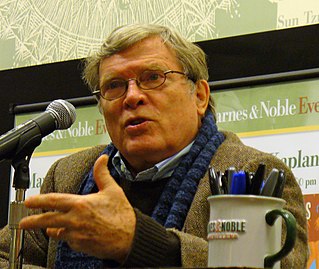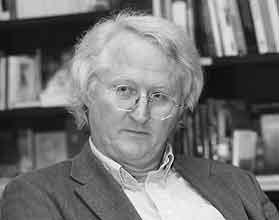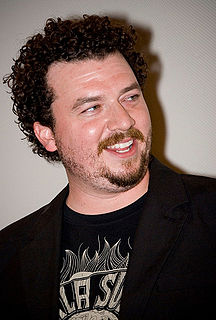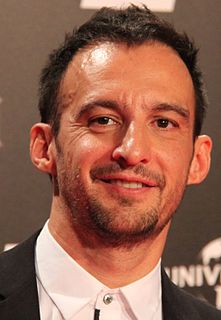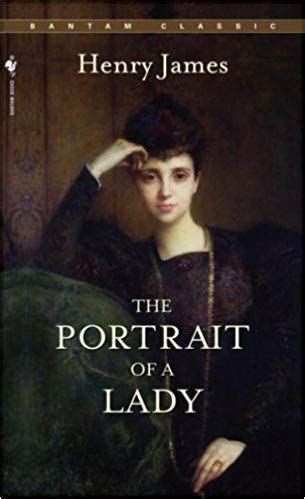A Quote by D. A. Pennebaker
You don't necessarily need a script or actors to tell a compelling tale. Finding a person at a key moment in his life and rendering the truth as you see it - that's the truest form of drama.
Related Quotes
There are some actors that are great stars and storytellers, but not necessarily good actors. I'm talking about some - not all - of the people you see in action flms or blockbusters. They're film stars, though not necessarily great actors. And there are those who are great actors, but not necessarily big film stars. Jim Sturgess is both. He's quite obviously a star, the audience likes him, he's a great storyteller and he turned out to be one of the greatest actors I've worked with as well.
We see only the script and not the paper on which the script is written. The paper is there, whether the script is on it or not. To those who look upon the script as real, you have to say that it is unreal - an illusion - since it rests upon the paper. The wise person looks upon both paper and script as one.
It is too often believed that a person in his progress towards perfection passes from error to truth; that when he passes on from one thought to another, he must necessarily reject the first. But no error can lead to truth. The soul passing through its different stages goes from truth to truth, and each stage is true; it goes from lower truth to higher truth.
Almost any tale of our doings is comic. We are bottomlessly comic to each other. Even the most adored and beloved person is comic to his lover. The novel is a comic form. Language is a comic form, and makes jokes in its sleep. God, if He existed, would laugh at His creation. Yet it is also the case that life is horrible, without metaphysical sense, wrecked by chance, pain and the close prospect of death. Out of this is born irony, our dangerous and necessary tool.
Having written both comedy and drama, comedy's harder because the fear of failure's so much stronger. When you write a scene and you see it cut together, and it doesn't make you laugh, it hurts in a way that failed drama doesn't. Failed drama, it's all, 'That's not that compelling,' but failed comedy just lays there.
I hate to think of a day where a compelling book or a compelling authorial voice would be lost simply because that person doesn't have a Web site. But I think that, to use the Internet in a positive way, to turn people on to reading, is something that authors shouldn't really shy away from necessarily.
